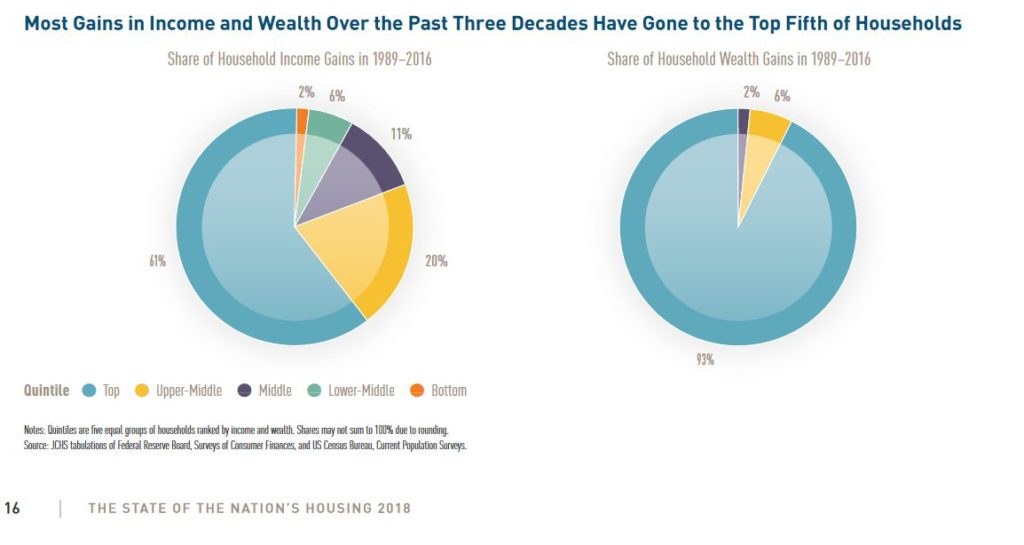 Most of you have, probably, by now, heard of Ocasio-Cortez, the insurgent Democratic Socialist candidate who defeated incumbent Joseph Crowley in a New York House Primary–and by a large margin.
Most of you have, probably, by now, heard of Ocasio-Cortez, the insurgent Democratic Socialist candidate who defeated incumbent Joseph Crowley in a New York House Primary–and by a large margin.
Ocasio-Cortez is, for the US, quite radical: free tuition, true universal health care, re-instating Glass-Steagall and he out-and-out called Israelis shooting Palestinians a massacre when it was, in fact, a massacre.
Ocasio-Cortez is not the only such candidate to win in this cycle, but she is the most visible and Crowley was touted by many as Nancy Pelosi’s likely heir in the House Leadership. The New York Times barely even covered her, they just assumed Crowley would win.
Now it has been observed by many that the reason the Republicans are very right-wing is that they are scared of their base: An incumbent is more likely to lose in a primary than a general.
The Netroots movement that ran from about 2003 to 2010 had as its goal “more and better Democrats,” and tried repeatedly to take down Democrats from the left. By and large it failed and so the Democrats continued to be what they’ve always been; a party which agrees with 80 percent of what Republicans do, but wants to be a little nicer about it.
What matters about Ocasio-Cortez and her small cohort is whether they are precursors of a larger change. Will Democrats challenging from the left win, and win often? Will incumbent Democrats have to move left to try and hold their seats? (Crowley tried, but he wasn’t credible.)
I have long agreed with my friend Stirling Newberry that 2020-24 is the change-point in the US. It is at the point where, simply due to age, Boomer politicians will have to give up power, and younger politicians (Millenials and GenZ or whatever we call it now) will take over. A few leaders may come from GenX, but not many, because we are too few, and anyway, as a generation, we have awful politics.
If this first wave turns out to have what it takes, and have a decent ideology they stick to, then the US stands a chance at a sharp turn towards becoming a kinder, more equal nation which is better to live in. (And Ocasio-Cortez’s plan for environmental change is stunningly good: a massive green build-out which many have suggested for decades.)
I am simultaneously optimistic and pessimistic. While Millenials overall have fairly good politics according to polls, the generation after that is more questionable. Further, as with Boomers, it may not be those with good politics who win most (no, the hippies did not storm Congress in the 70s.)
But this is the early movement of the hinge. The door opens fully between 2020 to 2024 and that will determine the future of the US.
If you wish to see a precursor, watch Corbyn in Britain. Just as Britain preceded the US into neoliberalism with Thatcher, it may precede the US during this turn of the hegemonic sub-ideology.
(Oh, and Ocasio-Cortez? She uses the phrase “For the many, not the few,” which is Labour’s motto under Corbyn.)
The results of the work I do, like this article, are free, but food isn’t, so if you value my work, please DONATE or SUBSCRIBE.

